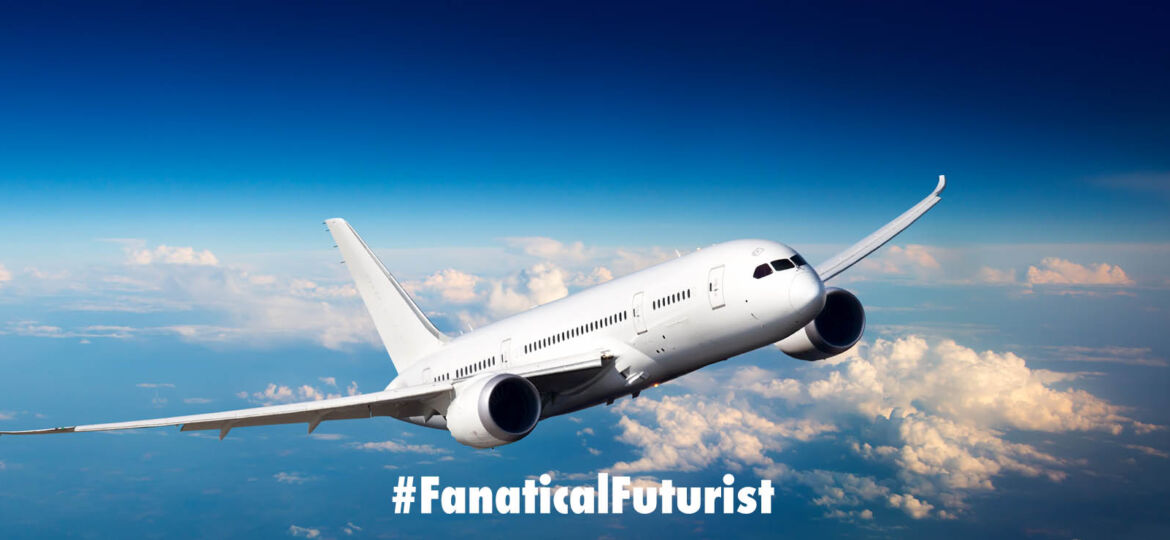
WHY THIS MATTERS IN BRIEF
The future of communications could be purely space based and Elon Musk is building a $100 billion business off of it.
 Love the Exponential Future? Join our XPotential Community, subscribe to the podcast, future proof yourself with courses from XPotential University, read about exponential tech and trends, connect, watch a keynote, or browse my blog.
Love the Exponential Future? Join our XPotential Community, subscribe to the podcast, future proof yourself with courses from XPotential University, read about exponential tech and trends, connect, watch a keynote, or browse my blog.
In a massive boost for the company and anyone and anything that wants to be connected wherever they are on the planet SpaceX’s satellite internet service StarLink is growing, and growing, and growing. And now it’s officially going mobile after the Federal Communications Commission on Thursday gave the company, which already provides satellite internet to homes, permission to extend its Starlink WiFi service to vehicles that include everything from aircraft, drones, and trains, to cargo ships and pleasure craft.
“We agree with SpaceX… that the public interest would benefit by granting with conditions their applications,” The FCC wrote in its authorization letter. “Authorizing a new class of terminals for SpaceX’s satellite system will expand the range of broadband capabilities to meet the growing user demands that now require connectivity while on the move, whether driving an RV across the country, moving a freighter from Europe to a US port, or while on a domestic or international flight.”
The Future of Communications, by Keynote Speaker Matthew Griffin
Starlink had already begun expanding its terrestrial footprint, even before the FCC decision, installing receiver dishes at Tesla Supercharger stations, raising prices and unveiling a $500 per month Premium service tier. SpaceX has also recently announced partnerships with Delta and Hawaiian Airlines to potentially offer the service aboard their aircraft.
SpaceX, and CEO Elon Musk, have also played the hero in recent months by offering an “internet bridge” to volcano-devastated Tonga and providing Starlink terminals to the Ukraine government — a generous offer that was, like most of Musk’s ventures, footed by the American taxpayer.
The internet service — more specifically, the massive constellation of microsatellites in Low Earth Orbit that enable it — has also drawn condemnation from astronomers worldwide who argue that the highly reflective satellites, of which there currently more than 2,200 in orbit and which Musk wants 40,000 more of, are grossly interfering with the operation of ground based telescopes.
However, while astronomers everywhere are increasingly angry about the situation after this latest authorisation soon you’ll be able to stream Netflix in glorious 8K definition wherever your cargo ship is on the planet.
















